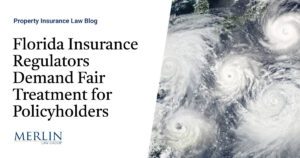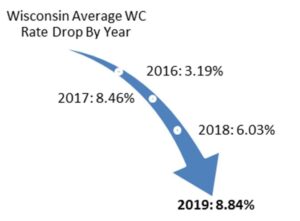5 Industries With the Most at Stake in Presidential Election

Trump has softened his rhetoric about EVs somewhat since winning the endorsement of Tesla Chief Executive Officer Elon Musk. Yet he still rails on the campaign trail against Biden policies he falsely calls an “EV mandate.”
It would take Republican majorities in the House and Senate to scrap clean-energy industrial subsidies or consumer incentives, said Sarah Bianchi, a senior managing director at Evercore ISI.
The greatest risk is that Trump would use executive branch authority to limit them through regulatory changes, she said.
Retail
Retailers would be squeezed by sharp tariff increases on consumer products if Trump wins. The tariffs threaten to hit sales volume and profit margin, with the greatest effect on goods made in China, Bloomberg Intelligence said in a note.
Trump has promised a 10% to 20% duty on all imported goods and 60% on Chinese products, and a trade war cycle of retaliation and response could raise tariffs higher. Retail is uniquely exposed because the tariffs would involve a broad swath of goods, said Henrietta Treyz, managing partner of investment adviser Veda Partners.
Ninety-seven percent of clothing sold in the US is imported, as is 98% of shoes and other footwear, according to the American Apparel & Footwear Association. More than 90% of consumer electronics sold in the country are imported, according to the Consumer Technology Association.
China is the dominant source, accounting for more than a third of imported clothing, more than half of imported footwear, 79% of laptops, 78% of smartphones and 87% of video game consoles, according to the industry trade groups.
Harris isn’t likely to increase tariffs in whole tranches the way Trump is planning and would instead focus on specific sectors and product lines and export controls, Treyz said.
Tariffs are paid by importers but the higher costs are mostly passed along to US retailers and consumers.
Energy
Oil, gas and coal producers stand to gain from a Trump victory in myriad ways and could do even better if Republicans also win control of Congress. Clean-energy producers would benefit under Harris and Democrats, with offshore wind under particular threat if Trump is elected.
Trump has promised to reverse a Biden administration pause on new licenses needed to widely export liquefied natural gas. More than a dozen projects costing billions of dollars, including Venture Global LNG Inc.’s upcoming CP2 project in Louisiana, are waiting for permits.
More export capacity would boost prices and sales volume for US natural gas producers, the Energy Information Administration forecasts.
Likewise, Trump says he would “terminate” Biden regulations limiting carbon dioxide emissions from coal- and gas-fired power plants, extending the life of more fossil fuel-burning plants.
Biden’s measures to force oil and gas companies to spend more to limit climate-warming methane emissions are also vulnerable, and Trump would look to reduce overall regulatory burdens on energy companies, lowering their costs.
Trump is unlikely, however, to convince American oil producers to “drill, baby, drill” and significantly escalate production. U.S. oil output is already at a record high, and investors would resist entreaties to spend money to pump more at the expense of dividends and stock buybacks.
While the Biden administration has rushed to get funding from his signature climate law out the door, Trump is likely to try to curtail the reach of the law’s subsidies and tax credits by rewriting regulatory rules, said Kevin Book, managing director of the Washington consulting firm ClearView Energy Partners LLC.
The former president has been especially hostile to offshore wind power. Proposed projects risk having needed approvals denied, and even already-approved projects could face jeopardy.
Kamala Harris and Donald Trump (Credit: Bloomberg)




